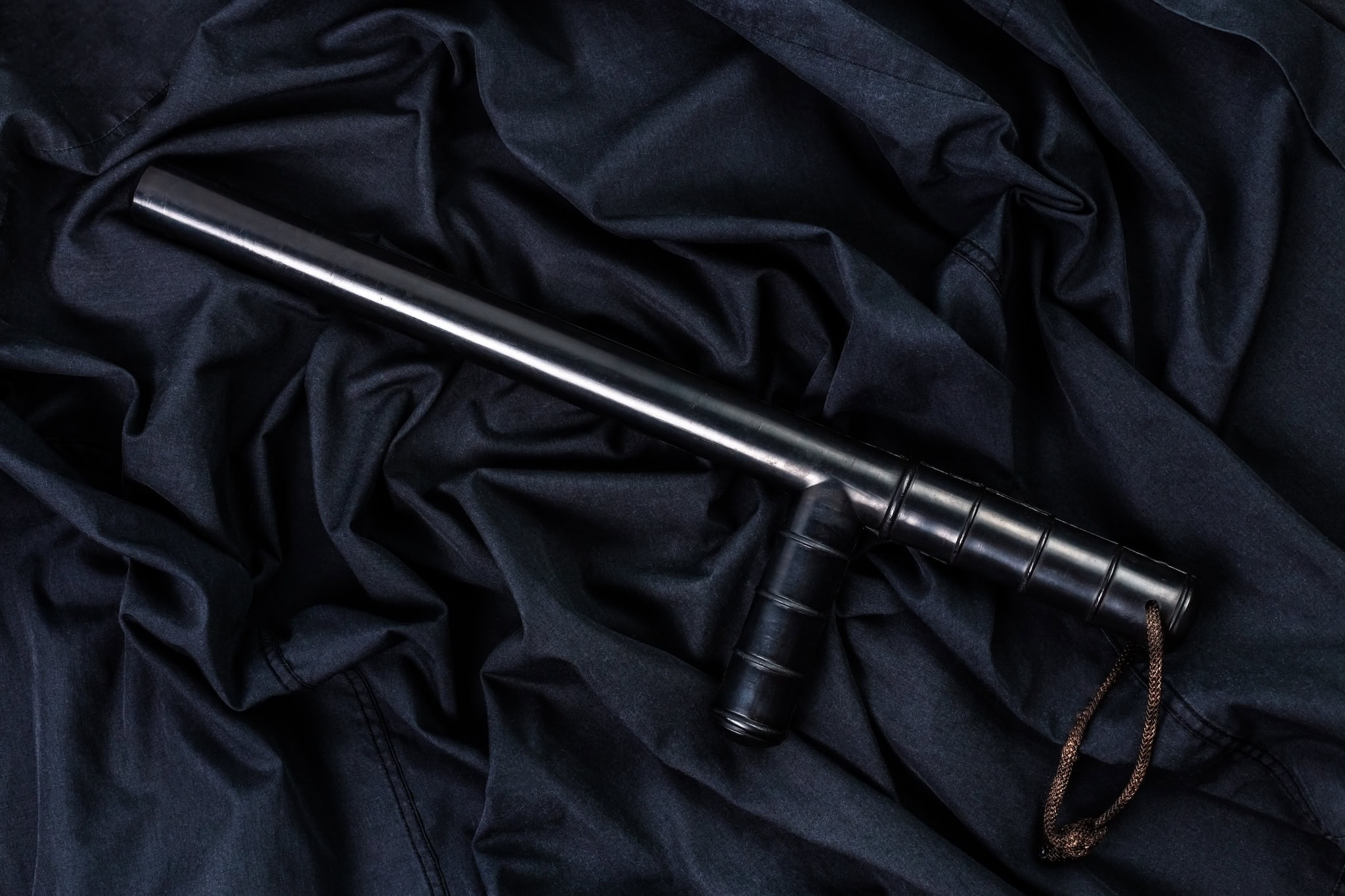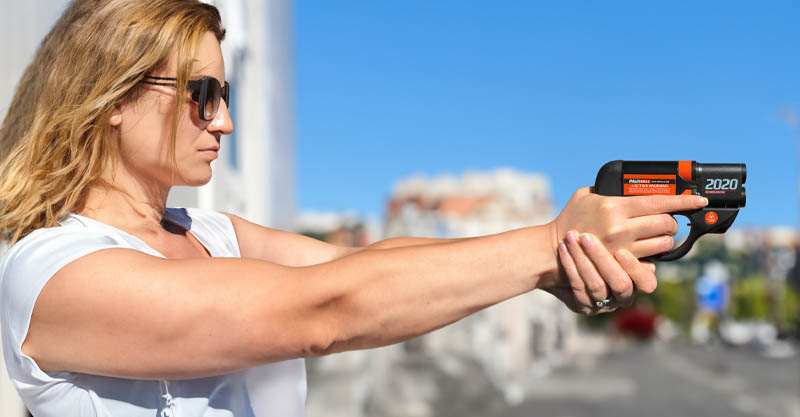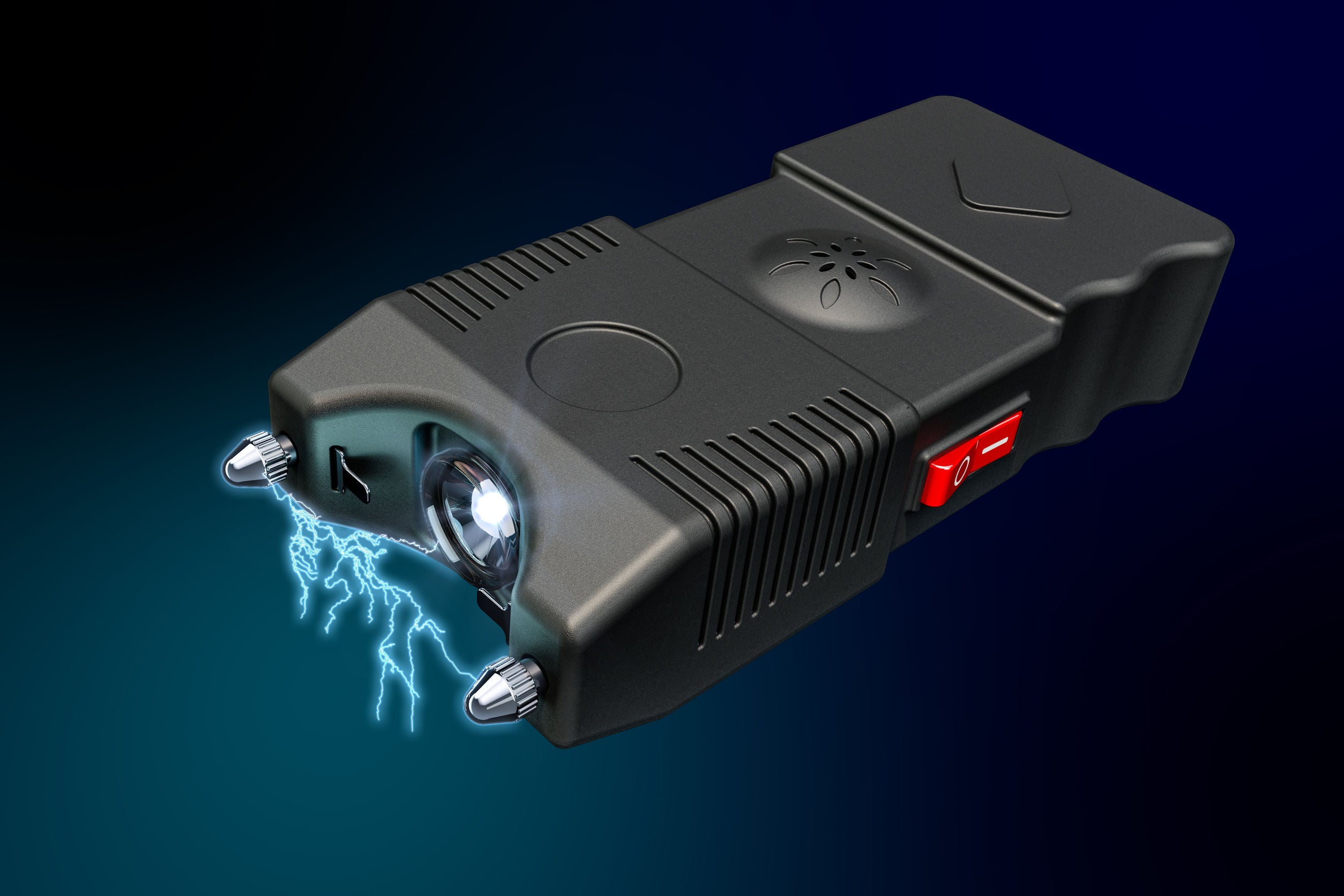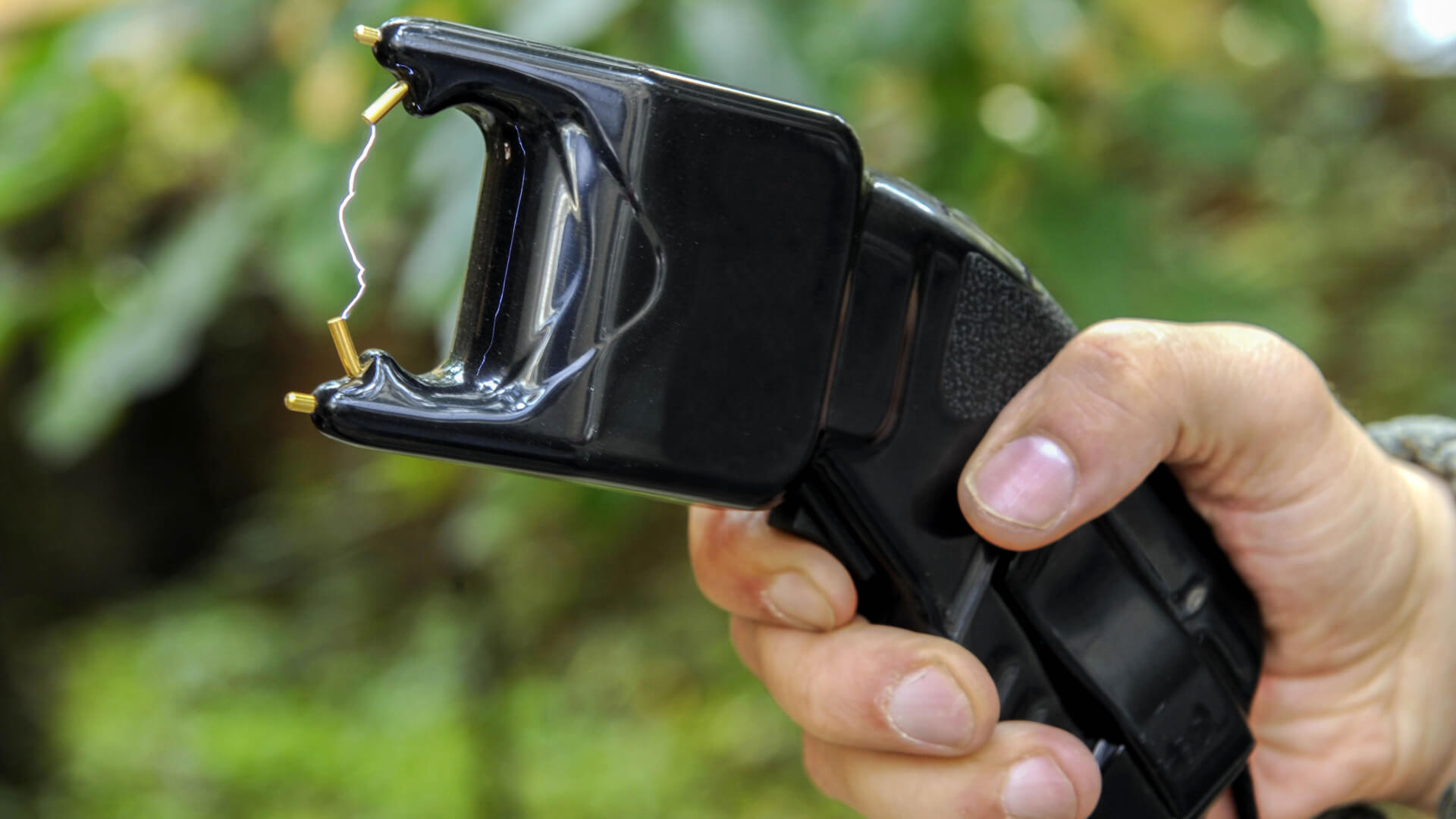When it comes to personal safety, many Michigan residents consider stun guns and Tasers as effective non-lethal self-defense tools. However, navigating the legal landscape surrounding their possession and use can be tricky. Understanding the laws in Michigan is crucial-not only to protect yourself but also to ensure you stay on the right side of the law. In this article, we’ll break down the key regulations regarding stun guns and Tasers in Michigan, helping you make informed decisions and avoid unexpected legal troubles. Whether you’re thinking of purchasing one or already own one, here’s what you need to know.
Legal Status of Stun Guns and Tasers in Michigan
In Michigan, stun guns and Tasers fall under specific legal scrutiny that every potential owner must understand. These devices are generally legal for personal protection, but there are important restrictions and regulations to keep in mind. For example, purchasing or possessing a stun gun is allowed without a license; however, carrying one concealed in public places may lead to legal complications. Moreover, it’s critical to note that using a stun gun or Taser with the intent to commit a crime is strictly prohibited, and doing so can result in severe criminal penalties.
Additionally, Michigan law outlines several clear boundaries regarding where and how these devices can be carried or used. Restrictions include:
- Prohibition on use in certain public spaces, such as schools and government buildings.
- Limits on use against law enforcement officers, which is illegal and subject to enhanced penalties.
- Age restrictions, typically requiring the possessor to be 18 years or older.
Understanding these regulations can help prevent unintentional violations. It’s also advisable to stay updated on local ordinances, as some municipalities may have additional rules governing stun guns and Tasers.
Key Restrictions and Permit Requirements for Carrying
In Michigan, the laws surrounding the carrying of stun guns and Tasers emphasize both safety and responsible ownership. Individuals are permitted to possess and carry these devices without a license, provided they are not prohibited minors or convicted felons. However, it is crucial to remember that these devices cannot be carried onto school property or into certain government buildings. Violating these restrictions could lead to criminal charges. Additionally, Michigan strictly prohibits the use of stun guns or Tasers in the commission of a crime, with penalties that may escalate to felonies depending on the circumstances.
When it comes to transporting your stun gun or Taser, common sense safety measures must be observed. It is recommended that the device remains in a secured and easily accessible location, but not concealed in a way that violates any local ordinances. Although no special permit is required for everyday carry, persons intending to use these devices for self-defense should thoroughly understand the state’s self-defense laws to ensure compliance. Being informed about specific area restrictions and responsible carry practices is essential to avoid inadvertent legal troubles.
- No permit required for ownership or carry by eligible adults
- Prohibited on school grounds and certain government facilities
- Illegal to use stun guns or Tasers in the commission of any crime
- Practice cautious transport to avoid violating local laws
Differences Between Self-Defense Tools and Law Enforcement Use
The primary distinction between self-defense devices like stun guns and law enforcement tools such as tasers lies in their design, functionality, and intended use. While both devices are electric shock weapons, stun guns require direct contact with the attacker to deliver a disabling shock, making them more accessible and practical for civilian use. Law enforcement tasers, on the other hand, typically fire projectiles attached to wires, allowing officers to incapacitate a target from a distance. This increased range and precision reflect their specialized role in controlling potentially dangerous situations without lethal force.
In addition to mechanical differences, the legal treatment of these tools diverges significantly due to public safety concerns. For example, Michigan law regulates stun guns for personal protection but imposes more stringent rules and training requirements on tasers used by police officers. This includes restrictions on deployment methods, documentation, and usage reports. Civilians must be aware that while stun guns are often legal for personal carry, any misuse or possession of law enforcement-grade equipment may trigger serious legal consequences. Understanding these nuances is crucial for anyone considering these devices for protection.
- Stun Guns: Contact-based, primarily for civilian self-defense, easier to obtain and carry legally.
- Tasers: Projectile-based, law enforcement use with strict regulation and mandatory training.
- Legal Implications: Different licensing, usage restrictions, and reporting requirements depending on device and user.
Practical Tips for Responsible Ownership and Compliance
To ensure you remain within the legal boundaries when owning and using stun guns or Tasers in Michigan, it’s essential to familiarize yourself with specific state regulations and maintain responsible habits. Firstly, always verify your device is intended for lawful use-avoid buying or using models that exceed Michigan’s power or design restrictions. Keeping your device secure and out of reach of minors is equally critical, as unauthorized access or misuse can result in significant legal consequences. Additionally, it’s wise to carry proof of purchase and proper identification when transporting your device, as law enforcement officers may request verification during routine stops or investigations.
Implementing these practical strategies can help you stay compliant and use your self-defense tool responsibly:
- Regularly review updated Michigan laws to stay informed about any changes impacting stun gun or Taser ownership.
- Use your device strictly for self-defense and avoid displaying it in public unless facing a legitimate threat.
- Undergo training to understand the safe and effective use of your stun gun or Taser, minimizing accidental harm.
- Store the device securely, preferably in a locked container, to prevent theft or unauthorized use.
- Consult legal counsel if you have questions about specific scenarios or local ordinances that may affect your rights.
Insights and Conclusions
Navigating the complexities of stun gun and Taser laws in Michigan is crucial for anyone considering these devices for personal protection. By staying informed about the legal requirements and restrictions, you can ensure that you’re not only safeguarding yourself but also staying on the right side of the law. Remember, regulations can change, so it’s always a good idea to check the latest updates or consult with legal experts before making a decision. Stay safe, stay informed, and exercise your rights responsibly.Related Products
Check Our Other Blogs
- StunGun – Your Trusted Source for Stun Guns, Laws, and Self-Defense Tips
- PepperSprayLaws – Your Trusted Resource for Pepper Spray Information
- StunGunLaws – Your Trusted Guide to Stun Gun Legality and Safety
- Featured.biz – Your Hub for the Latest in Tech & Electronics
- SafetyTips – Your Guide to Smarter, Safer Living

























